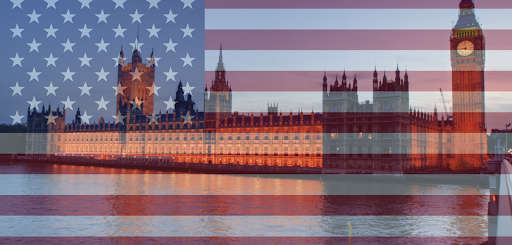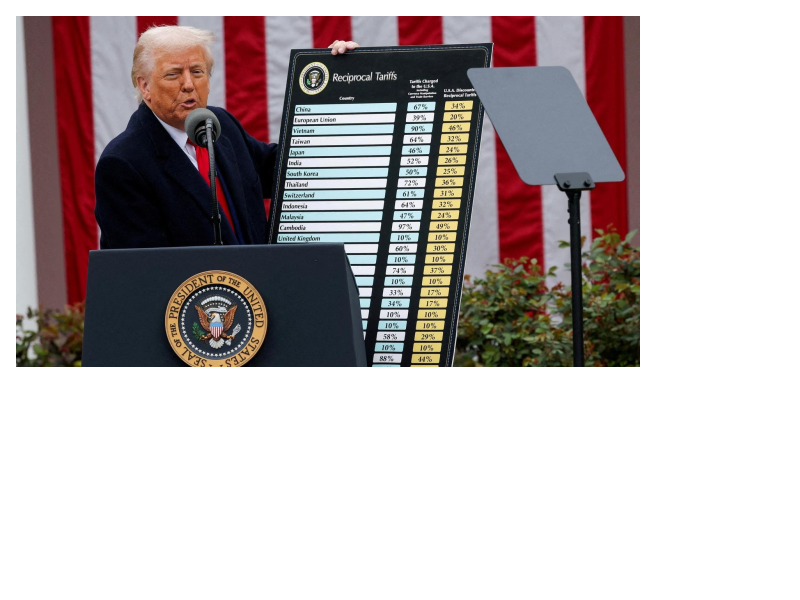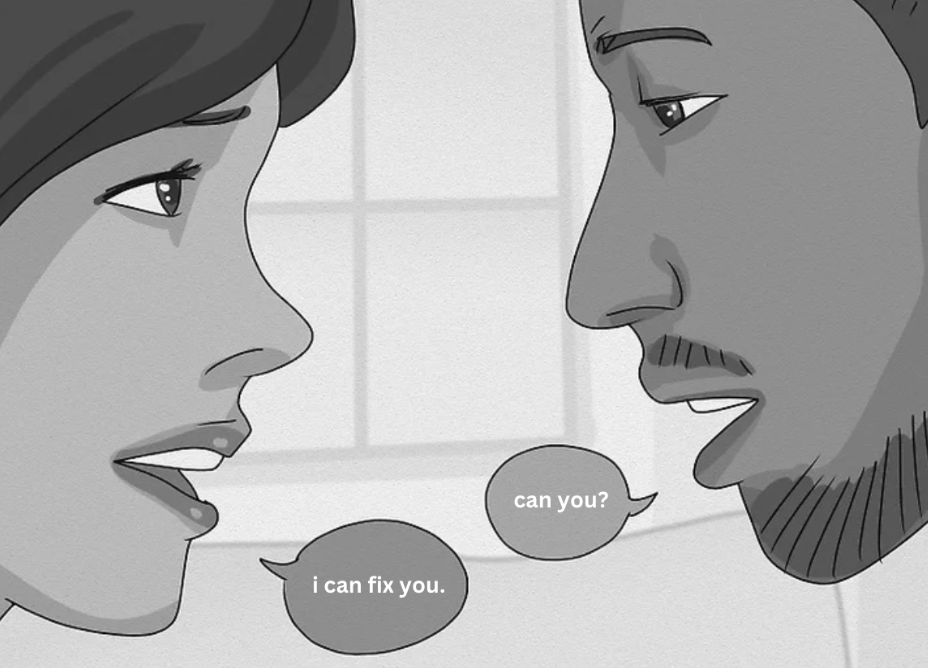In light of recent events in the United Kingdom, which has gone through 3 prime ministers in as many months, many may wonder:should America switch to a parliamentary system as well? My answer is no. Forgoing the logistical and bureaucratic nightmare it would be changing the US to a parliamentary system, the benefits do not outweigh its downsides. It would require us to violate fundamentals of US society, which could, as it has in other nations, lead to undemocratic outcomes in our country.
First, a little background is required. A parliamentary system functions through ministers of parliament (MPs), which are comparable to American members of Congress. Districts across the UK vote for separate MPs, whose primary function is to create legislation, like congressmen. Unlike Congress, however, Parliament votes for the Prime Minister (PM), the head of the executive branch. MPs vote for the Prime Minister, the equivalent to America’s President, by creating coalitions with other parties. In many parliamentary systems, one party does not have enough votes by themselves to vote for their PM, and must form coalitions with other parties with similar interests. The PM which the larger coalition votes for is normally selected from the leadership of the largest party in the coalition, often the president of that party. So why is this system worse?
One reason lies in the fact that coalition governments are almost always completely controlled by the largest party in power, while other parties only maintain the illusion of power. These smaller parties are not just subject to the larger parties’ will and forced to vote for the larger party’s PM(mostly), but all legislation they write also has to be a joint effort with the leading party. The smaller parties are often forced to compromise and make concessions for legislation that they pass to gain larger parties’ approval. This has the effect of causing many smaller parties to be unable to deliver on promises they made while campaigning. For example, according to the Washington Post, “The most important policy promise the German Free Democrats (FDP) advocated during the 2009 election campaign was a major reform of the German tax system. This tax reform was never enacted.” Germany follows a parliamentary system, and the FDP is a minor coalition partner. The FDP failing to uphold its promise on tax reform is only one example of the larger issue. The parliamentary system also makes it harder for small parties like the FDP to win reelection for following terms, because not only do they not fulfill their promises,, but it is also hard for voters to discern if the credit for passed legislation belongs to the small parties, like the FDP, or the big parties.
Another big issue is that parliamentary systems often lead to undemocratic outcomes. Remember how the MPs not only pass legislation, but also choose the leader of the nation? Well, this violates separation of powers, which refers to how legislative, executive, and judicial powers should be vested indifferent branches of government. The legislative branch should be in charge of writing legislation, or laws. The judicial branch interprets said laws, and the executive branch enforces punishments for those who break the law. The fact that the MPs not only write legislation, but also choose the PM means that Parliament has both legislative and executive powers. This gives the MPs a monopoly on creating and enforcing laws, which can often lead to tyranny.
Additionally, in a parliamentary system, voters choose from parties, not individual candidates. This leads to undemocratic outcomes because voters do not know who will be representing them in Parliament, and whether or not they have the voter’s best interest in mind. Voters can’t be sure if the MP will blindly follow party policy, even if it is against the best wishes of their constituents. This leads to increased polarization between parties as well as increased partisanship. MPs also take less initiative, causing decreased diversity of opinions in Parliament.
Some people argue that parliamentary systems make it easier to vote the Prime Minister out of office if they are incompetent. This would occur through a vote of no confidence— if enough MPs agree, the PM is voted out of office. Ignoring a body having the power to expel the country’s leader by simple vote is a complete violation of separation of powers, it can sometimes be the wrong move. In the US, the only way to expel a President is through impeachment, and only if the president committed an impeachable offense. This system ensures that presidents are not expelled at the first sight of incompetence. For example, in 1946 Harry S. Truman was one of the least popular US presidents, ever. However, he soon rose to popularity after the creation of the North Atlantic Treaty Organization (NATO), meaning impeachment could have been a mistake. Not to mention, changing leaders so quickly—as the UK is doing—can lead to serious governmental instability.
While America’s system may not be perfect, no system is without flaws.












